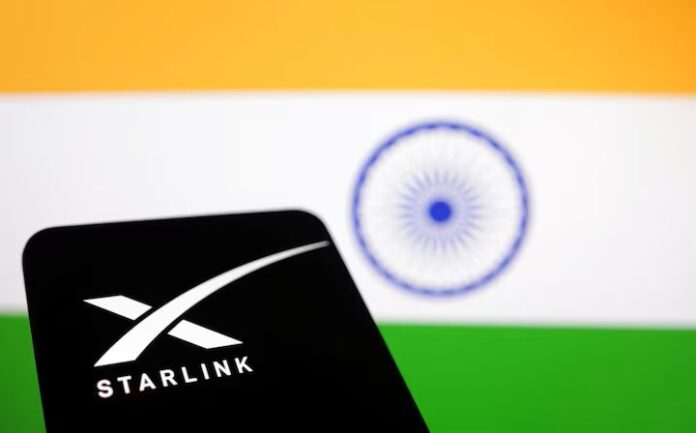In response to recent reports suggesting that insurgents in Manipur may be using Starlink, the satellite communication service owned by Elon Musk’s SpaceX, Musk has firmly denied the allegations. The controversy began when the Indian Army’s Spear Corps shared images on December 16 of a Starlink-branded device among the equipment seized during a series of operations in the state. These operations, which took place in districts like Churachandpur, Chandel, and Imphal East, resulted in the recovery of a range of weapons, including sniper rifles, grenades, and ammunition.
The discovery of a Starlink device, which provides high-speed satellite internet, prompted concerns about its potential use by insurgent groups to circumvent internet restrictions. However, Musk swiftly responded via social media, stating, “This is false. Starlink satellite beams are turned off over India.” He clarified that Starlink is not operational in the country due to regulatory restrictions.
Starlink and Its Licensing Status in India
Starlink has not yet received the necessary licenses to operate in India, which has fueled the ongoing investigation into how the device found its way into the conflict-stricken region of Manipur. India has stringent regulations regarding satellite internet services, and companies like Starlink have yet to secure authorization to provide services. While Starlink operates in several countries, its satellites are not beaming services to India.
Despite the ban, security forces have expressed alarm over the potential use of such advanced communication technology by insurgent groups in insurgency-prone areas. The ability of insurgents to access secure, high-speed internet via satellite could provide them with a significant advantage, allowing them to communicate more effectively and coordinate operations across remote locations.
A Growing Threat to National Security
The seizure of the Starlink device represents a troubling escalation in the insurgents’ operational capabilities. According to security officials, the device recovered from the region was associated with the Revolutionary People’s Front (RPF) and its armed wing, the People’s Liberation Army (PLA), both active insurgent groups in Manipur. The presence of such a device raises significant concerns over the evolving tactics of these groups and their ability to bypass traditional communication barriers.
Unlike conventional communication methods, which can be intercepted or disrupted, satellite internet offers end-to-end encryption, making it difficult for security agencies to monitor insurgent communications. This shift in technology underscores the growing challenges faced by counterinsurgency operations in the region.
Investigations and Countermeasures
Indian security agencies are now investigating the supply chain that led to the smuggling of Starlink devices into Manipur. While the recovery of weapons and ammunition is common in such operations, the inclusion of high-tech devices like satellite internet terminals suggests a more sophisticated insurgent network. Experts believe that insurgents could have used fake geotagging or other methods to activate the devices in defiance of India’s restrictions.
This situation has reignited discussions about regulating satellite internet in India. Given the rapid growth of satellite technologies, security experts warn that governments must act quickly to ensure that such services do not fall into the wrong hands. India’s existing regulatory framework may need to be updated to address the potential security risks posed by unlicensed satellite communications.
Musk’s Comments on Indian Satellite Communication Regulations
Meanwhile, Musk’s satellite internet service is also facing regulatory challenges in the broader context of India’s satellite communication policies. Recently, the Indian government chose administrative allocation for satellite spectrum instead of auctioning it off, a decision that has been seen as a potential setback for Starlink, which advocates for satellite spectrum to be treated as a shared resource. Musk has expressed concerns that such decisions could impede competition in the market and affect the broader development of satellite-based communication.
The Broader Security Implications
The incident in Manipur highlights the dual-use nature of technologies like Starlink, which, while offering immense benefits in bridging digital divides, also present significant risks when misused by insurgent groups. Security forces are now tasked with developing strategies to monitor and neutralize the use of unlicensed satellite internet devices, which could be used for intelligence gathering, propaganda campaigns, or even cyberattacks.
In conclusion, the recovery of Starlink devices in Manipur marks a new chapter in the technological evolution of insurgent groups. While Musk’s company has refuted claims of illegal use, the incident underscores the pressing need for stronger regulatory frameworks and enhanced cybersecurity measures to counter the growing threats posed by emerging technologies in conflict zones.






